Mamadou Bah is 60 years old and lives in the small village of Guessé Thierno, in the Kayes region of eastern Mali. He raises livestock, which enables him to support a 32-member-family. But doing so hasn’t been easy. For more than 30 years, Mamadou’s community has had insufficient water supplies, which made it a challenge to care for his animals. A well dug in 2009 did little to alleviate the problem, as the amount of water was still too small to meet the needs of the village. “To water my animals, I had to travel with them to the surrounding villages, which very often caused disagreements with the herders there,” Mamadou says. “Considering my age, collecting water for my animals was starting to take a toll on my body and my health.”
His community has also suffered. People in Guessé Thierno live solely from livestock and last winter, with little rain and no hope, they were forced to abandon their village because of the lack of water.
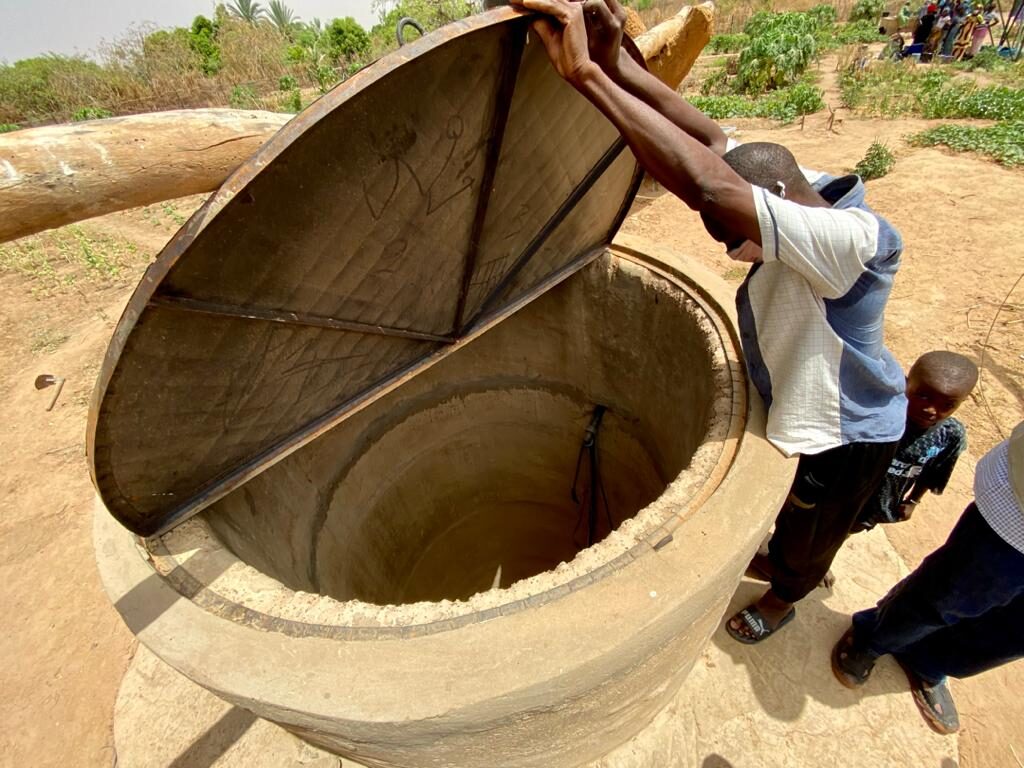
Then, their luck changed. “In February 2020, a local NGO came to the village and announced that a project had accepted the village’s request for support and would drill a new borehole,” Mamadou says. That NGO was People in Need (PIN).
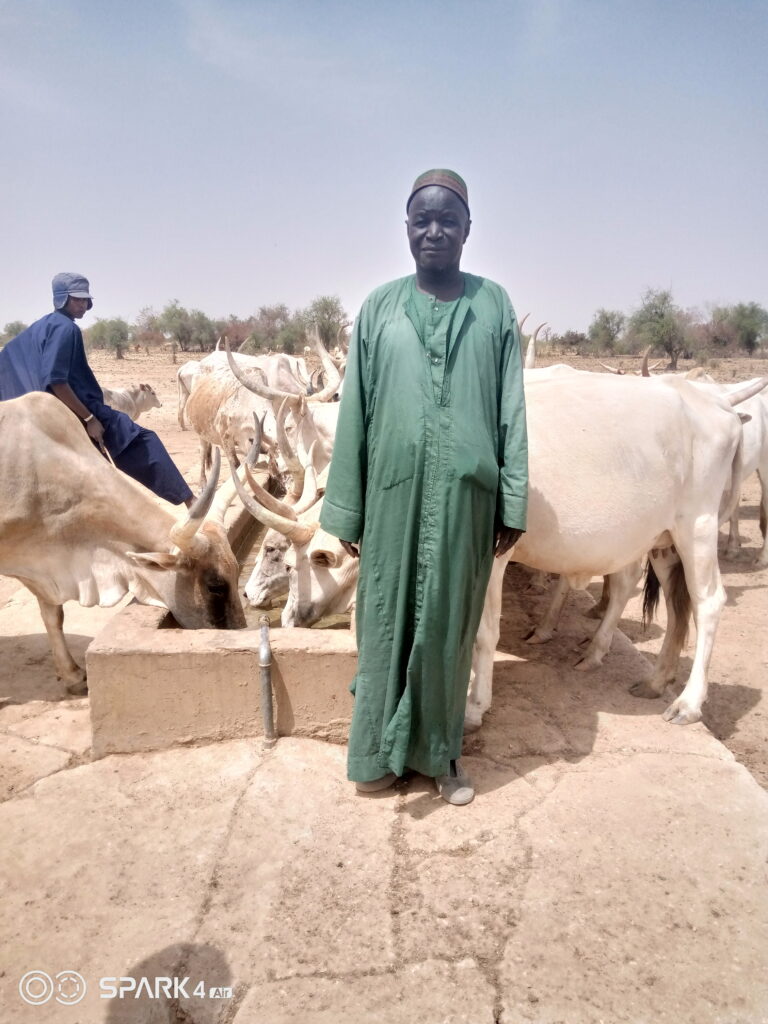
Together with Alliance2015 partner Welthungerhilfe (WHH) and non-governmental organisations ADR and Stop Sahel, with funding from the Ministry of Foreign Affairs of the Czech Republic, PIN built the borehole with a flow of 20 m3/h, a water tower, two watering basins for the animals, and a standpipe for the inhabitants.
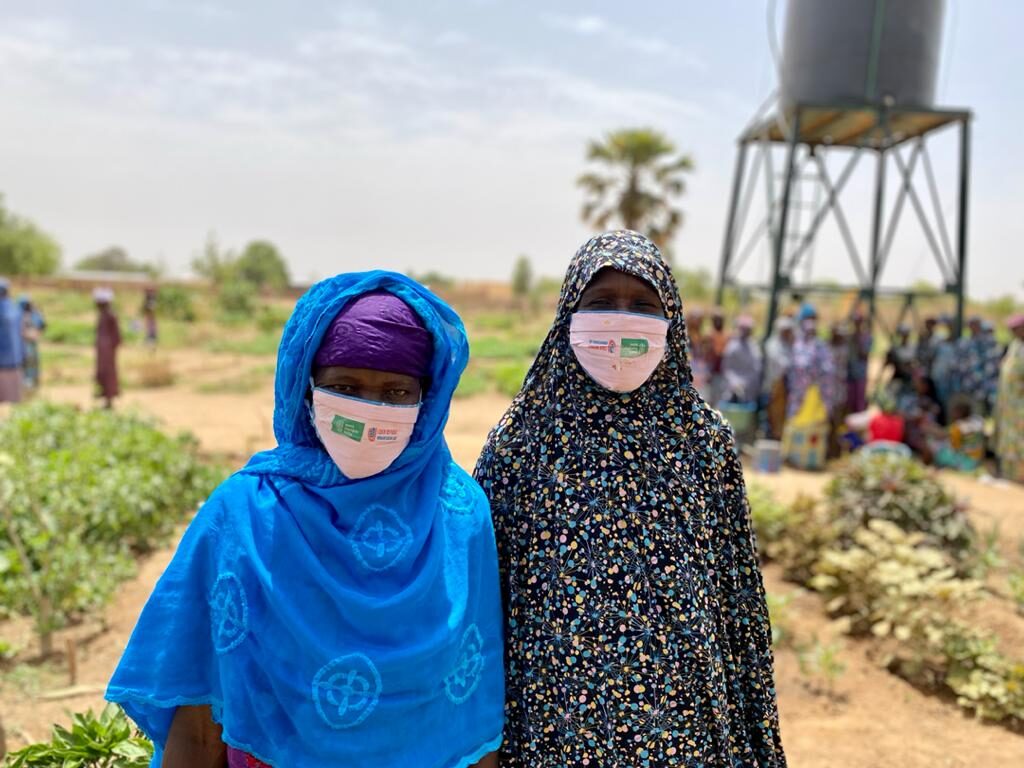
Today, for the first time ever, water gushes from a well in Guessé Thierno. “Thanks to this project we have good quality water for ourselves and for our animals,” says Mamadou. “There is no need to travel to the surrounding villages anymore. Water is life and the project has given us life. A new era has begun in our village.”

Currently, more than 500 people are benefiting from this water source, which is managed by a local network that collects funds to help pay for future repairs.
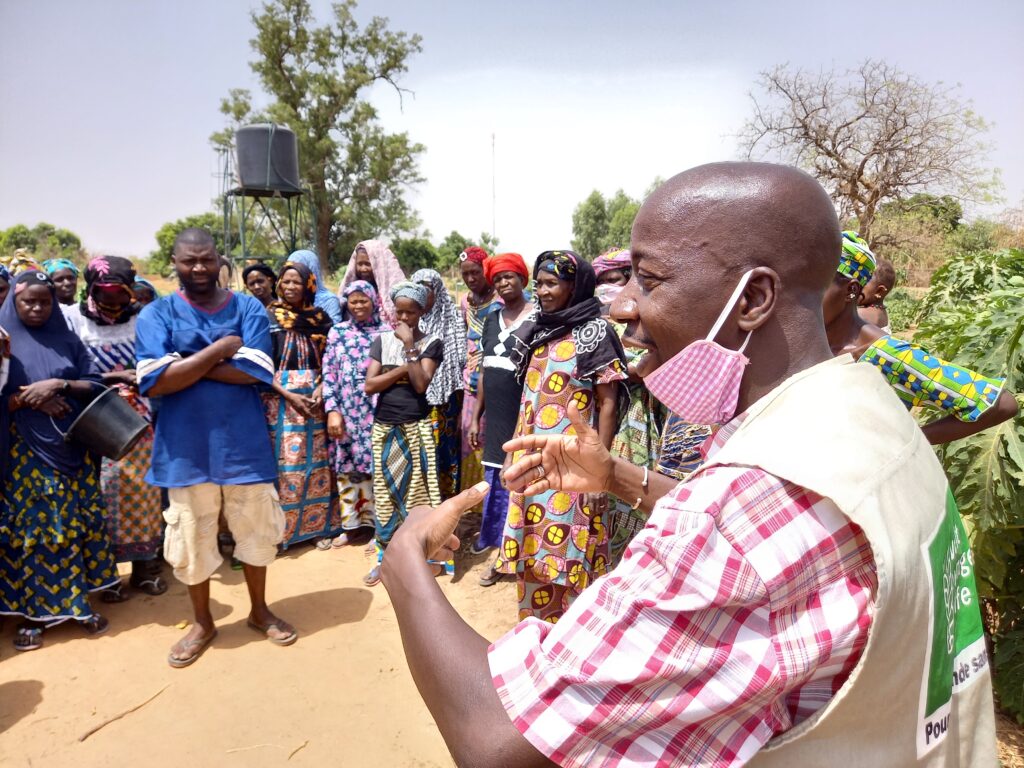
The construction is part of a project focused on building resilience to climate change and conflict in eastern Mali. Kayes and its neighbouring districts are typical of the Sahel environment which is one of the hottest in the world. Most people here are farmers, herders, and nomads, including those who migrate from Senegal and Mauritania following the seasons, pasture lands, and water.
“The area is a natural crossroad for seasonal herders moving through the region from season to season and it’s highly vulnerable to climate change. This fragile situation is then again challenged by slow influx of refugees fleeing regional conflicts, creating more tension. So PIN, WHH and local partners have focused on key resilience issues,” says Jan Svitálek, PIN’s Lead Advisor for Climate Change and Climate Smart Agriculture. “PIN is building a variety of water structures, including pastoral wells, micro dams, ponds, and horticulture wells, as well as helping to develop resilient agriculture through training and technical support. We are also developing a number of innovative solutions, including fisheries, aquaculture, and horticulture, to produce food in larger quantities.”
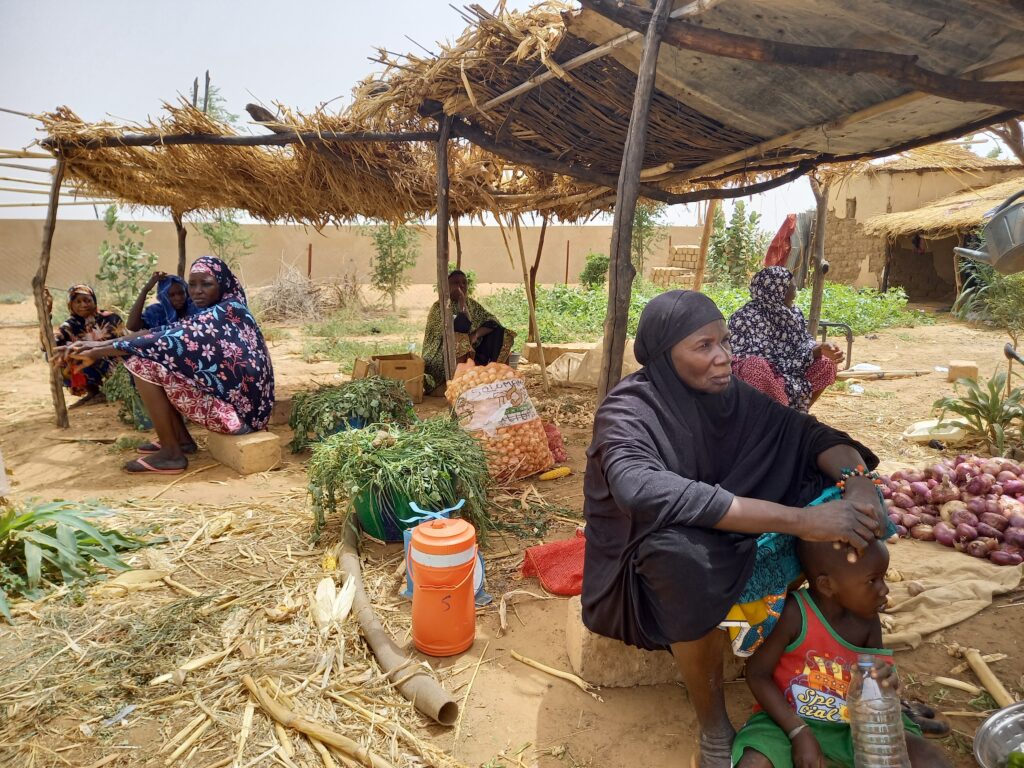
“This gives us a chance to support resilient production in a changing environment. This production which is based on marketing principles has had a strong effect on nutrition in target communities,” Svitálek adds. In total, approximately 8,200 households, or 50,000 people, directly benefited from the project in 2020. Despite the challenges of working in this region like deteriorating security situation, flooding which impeded access for construction team etc., project implementation has continued in 2021.
Author: Petr Stefan, People in Need Communication Officer


